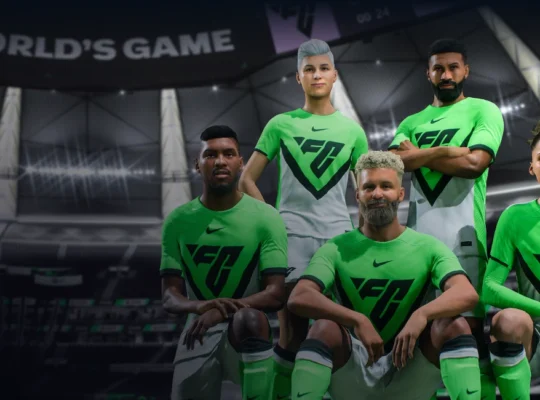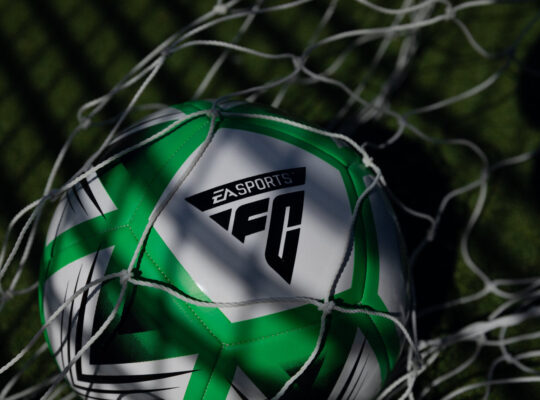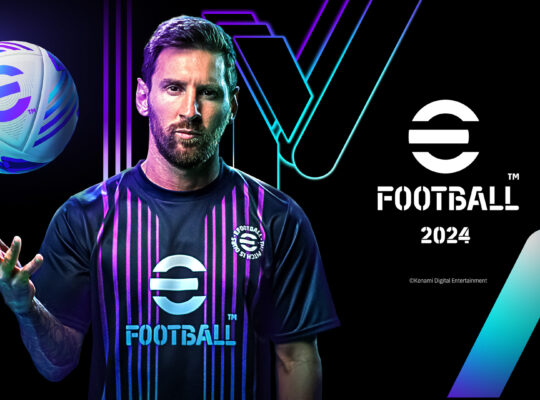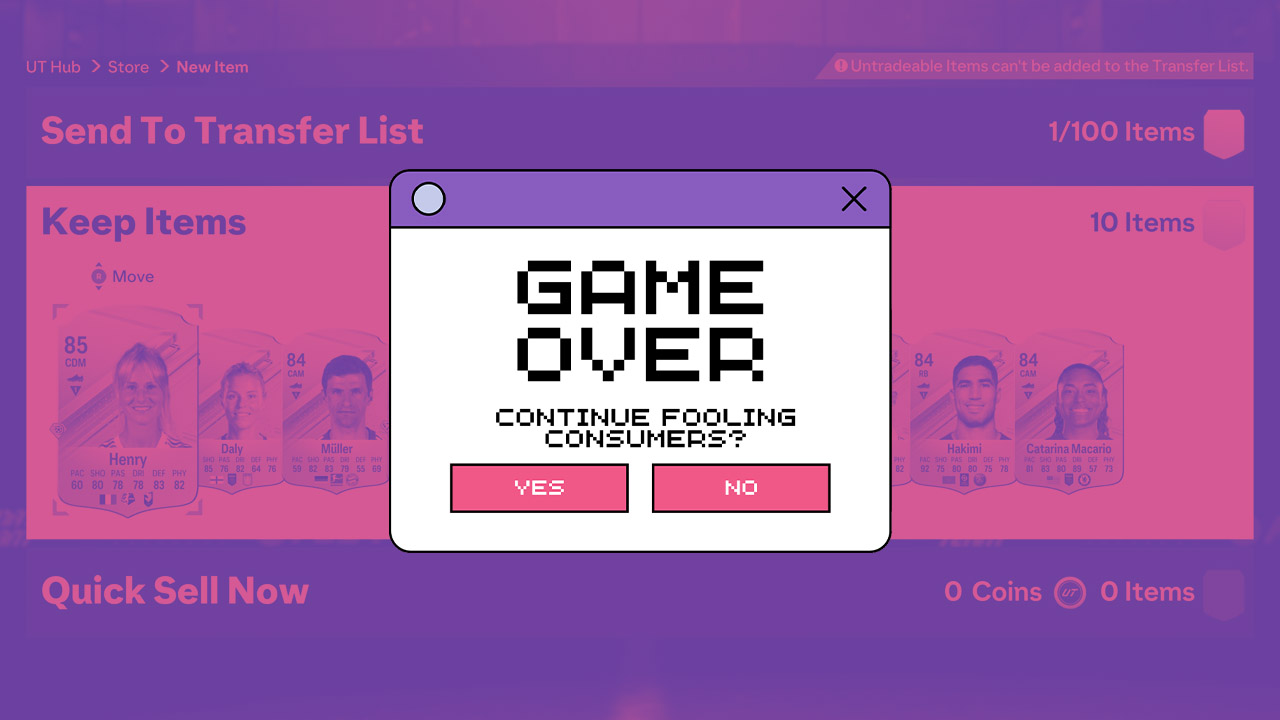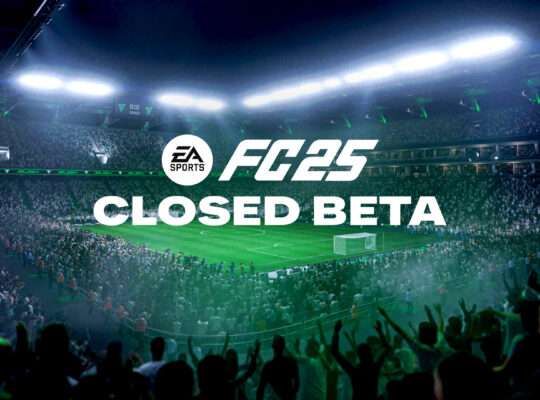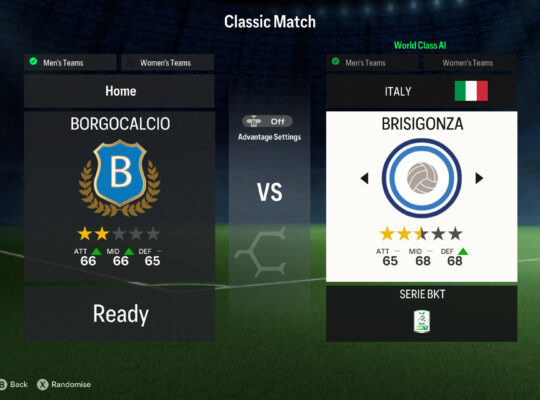BEUC (the European Consumer Organisation) and member groups from 17 countries have called out some of the biggest names in gaming, including EA Sports, for breaking EU consumer protection laws. The complaint, dubbed “Game Over”, was recently submitted to EU authorities, accusing leading video game companies of unfair practices that encourage overspending, particularly through in-game purchases using premium virtual currencies.
What’s the Issue?
In games like EA Sports FC 24, Fortnite, and Minecraft, players can purchase digital items using in-game currencies like FC Points. The problem is that the real cost of these items is often hidden, making it easy for gamers to spend more than they realize. BEUC found that these practices:
- Lack price transparency, pushing players to buy more in-game currency bundles.
- Mislead gamers into thinking they prefer virtual currencies over real-money payments.
- Include unfair terms that benefit developers, not consumers.
And it’s not just adults who are affected—kids, who make up a large portion of gamers, are especially vulnerable. According to BEUC, children in Europe and spend an average of €39 per month on in-game purchases, despite having limited financial literacy.
EA Sports FC and the Loot Box Controversy
For fans of EA Sports FC, this isn’t the first time the company has faced criticism. Loot boxes, a form of randomized in-game purchases, have been controversial for years. In the popular Ultimate Team mode, players are encouraged to spend real money to buy “packs” of virtual players without clearly knowing what they’re actually buying.
These packs contain random player cards, and the appeal of rare, valuable cards often pushes players to buy more. Critics argue that this system mirrors traditional gambling, with users spending real money for the chance to unlock top players. Although EA has taken steps to add features like pack previews and disclose pack odds, the company hasn’t fully escaped criticism.
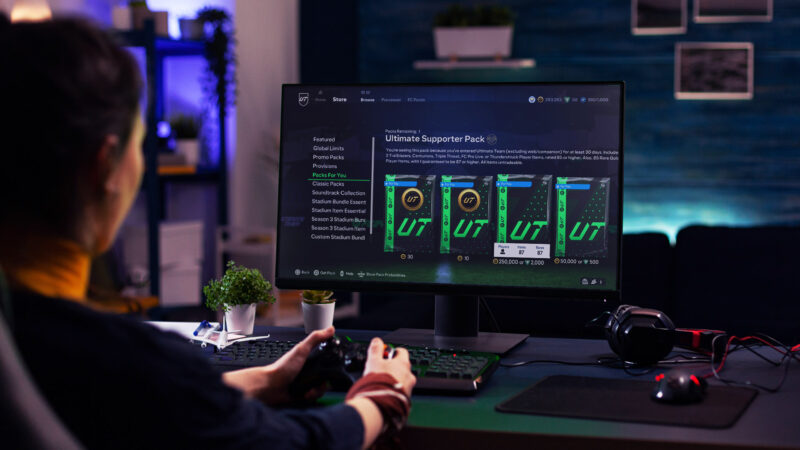
BEUC’s recent action highlights how these practices may violate consumer rights, placing EA Sports FC 24 among the key games under scrutiny. They also noted that 84% of those aged 11-14 play video games in Europe, emphasizing the impact on younger audiences who are particularly susceptible to these monetization strategies.
BEUC’s Call for Change
BEUC’s main message is clear: gaming companies need to be more transparent about the cost of in-game items, especially when it comes to children. They argue that prices should always be shown in real currency (e.g., Euros) so that players know exactly how much they are spending and on what.
They’ve also called for stricter enforcement of consumer protection laws, ensuring that even in the virtual world, consumer rights are respected. This includes giving players the right to withdraw from purchases and ensuring that legal guarantees apply to digital goods.
In 2020 alone, in-game purchases generated over $50 billion globally, surpassing the combined revenues of the cinema and music industries. This staggering figure underscores the importance of addressing these consumer protection issues.
What’s Next?
The issues raised by BEUC reflect broader global concerns. Countries like Belgium and the Netherlands have already classified loot boxes as a form of gambling and banned them in games like EA Sports FC. Austria, Germany, and Australia have also taken steps to regulate these mechanics, with some courts ordering compensation for players who have spent significant sums on these random packs.
![]()
In response to growing concerns, some governments are pushing for even stricter regulations. The Netherlands, for example, is leading a charge for a Europe-wide ban on loot boxes, while Brazil is advancing legislation to outlaw them entirely. In the UK, campaigns like Callum Dornan’s are advocating for measures to protect vulnerable players against pack addiction and gambling in EA Sports FC.
Despite these efforts, game companies like EA have largely resisted regulation, preferring to self-regulate. However, with increasing public awareness and pressure from advocacy groups like BEUC, change may be on the horizon.


